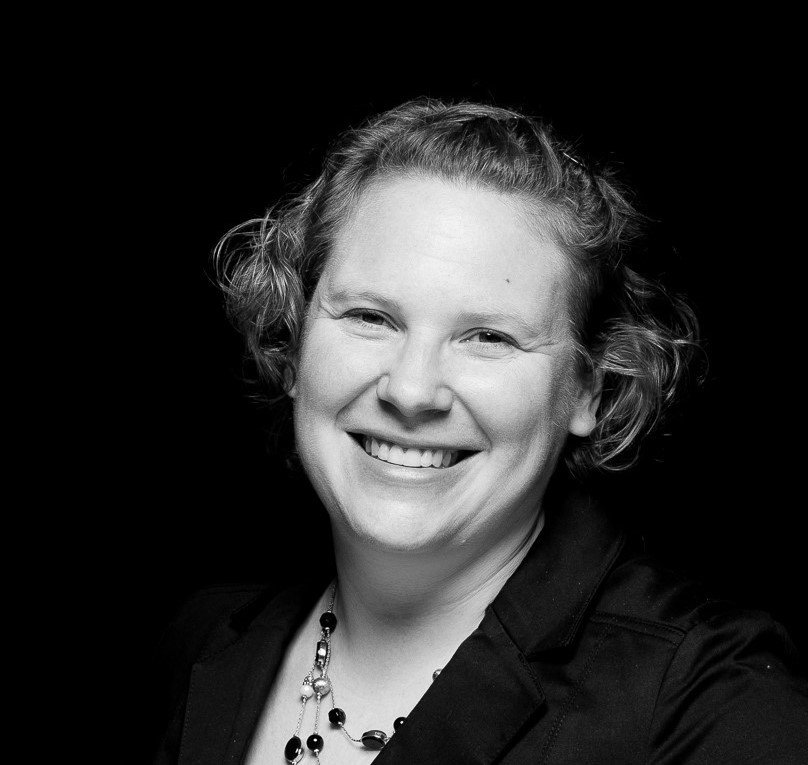Education
Education Co-chairs

Susan Stewart - Vice-Chair of Education Committee
Susan is a teaching Professor and Assoc. Director of Undergraduate Studies, Department of Aerospace Engineering, Pennsylvania State University

Suhas Pol – Education Committee Co-Chair
Pol is the Director of the Renewable Energy Program and an Assistant Professor at Texas Tech University.
Study Offshore Wind Energy Today for Your Tomorrow
Students choosing a topic for study may question whether a wind energy program is going to be a wise choice. There are voices pushing back on wind energy at the same time as wind provides the nation’s cheapest reliable electricity that enhances security and economic prosperity. Because costs for offshore wind are not yet as low as for its land based cousin, continued work is needed to realize the advantages of high capacity-factor and close-to-load generation.
While prospects for immediate deployment may have hit a bump in North America, demand for electricity is nevertheless going to keep rising in the years to come. High-performing, well-designed, cost effective offshore wind development will help meet this inevitable demand. International markets for offshore wind remain strong, often served by multinational companies with offices in North America. Students looking at offshore wind opportunities should consider the long-term need for growth in affordable and clean electricity near the coasts. Other reasons why studying offshore wind could be a good choice are:

1. Onshore wind overcame many hurdles and barriers to now supply 10% of the electricity demand in the U. S. Markets fluctuate and attitudes shift over time. When markets emerge from a period of relative disinterest, and the inherent high value of wind energy is again recognized, critical expertise can be hard to find and those who have been engaged in the slow times become highly valuable in industry
2. The issues that challenge offshore wind design, deployment and operations, are not unique to wind energy plants. Marine infrastructure and operations of all sorts must deal with the same environments in which wind energy systems must operate. Study in offshore wind energy systems will produce expertise in a breadth of topics that position graduates well for opportunities in other applications, and in other parts of the world, that demand a similar skill set and knowledge base.
3. Offshore wind is challenging and, let’s just say, fun because it touches on so many domains of science and engineering. While each topic of study has its own specific target, a student of offshore wind must at least become familiar with atmospheric science, fluid dynamics, wave mechanics, aerodynamics, structural dynamics, material science, mechanical and structural systems, electrical generation and transmission, marine operations and maintenance, and energy-system economics, just to name a few. If a student feeds their curiosity and looks at the larger context of their work, there is a rich intellectual space to explore and grow.
As the brilliant Danish proverb says, “Predictions are difficult, especially when they deal with the future.” No one can say what will happen in a particular career area years down the road, but those who take on offshore wind energy research at this point will find they are prepared for a wide variety of opportunities down the road, and may just find themselves pursued by opportunities greater than they expected at the beginning.
Education Programs
WindU: A Multi-University Consortium in Wind Energy Graduate Education
An NSF-funded program led by Tom Acker at Northern Arizona University and NAWEA Curriculum Committee members at Texas Tech, University of Massachusetts Amherst, and Penn State
Purpose: Establish an expandable, multi-university consortium focused on graduate education in wind energy that will:
- Enhance and expand the educational opportunities available to students in an emerging professional, STEM field, including international experiences;
- Increase the diversity of peoples and disciplines represented by students enrolled in wind energy graduate programs; and,
- Address a pressing national need for graduate-education-trained wind energy professionals.
Objectives: To pilot and test the new, innovative, Rapid model, to effectively establish a replicable, expandable, consortium in graduate education. The Rapid model is a new facilitational model developed from evidence-based models described in the literature and implemented in practice.
